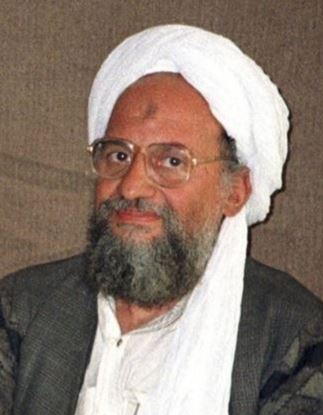War on Terror History Makers
1/8
There's no tags or description
Looks like no tags are added yet.
Name | Mastery | Learn | Test | Matching | Spaced | Call with Kai |
|---|
No analytics yet
Send a link to your students to track their progress
9 Terms
George W. Bush
43rd President of the United States (2001-2009)
Served as Governor of Texas from 1995 to 2000
Notable for his response to the September 11 attacks, including the initiation of the War on Terror
Implemented controversial policies such as the Patriot Act and the No Child Left Behind Act
Oversaw the 2008 financial crisis during his presidency
Known for his "Axis of Evil" speech, which highlighted Iraq, Iran, and North Korea as global threats
Initiated the invasions of Afghanistan in 2001 and Iraq in 2003
Established the Department of Homeland Security in 2002
Faced criticism for the handling of Hurricane Katrina in 2005
Created the President's Emergency Plan for AIDS Relief (PEPFAR) in 2003, which aimed to combat HIV/AIDS globally.
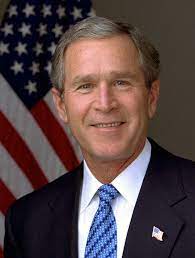
Donald Rumsfeld
American politician and businessman
Served as the 13th and 21st United States Secretary of Defense
Held the position of Defense Secretary under President Gerald Ford from 1975 to 1977 and under President George W. Bush from 2001 to 2006
Played a key role in the US response to the September 11 attacks and the subsequent War on Terror
Advocated for the 2003 invasion of Iraq, citing the presence of weapons of mass destruction
Coined the term "known unknowns" in a response about the lack of evidence for Iraqi weapons of mass destruction
Faced criticism for his management of the Iraq War, including the Abu Ghraib prison scandal and the lack of post-invasion planning
Notable for his assertive and sometimes controversial leadership style within the Department of Defense
Authored the Rumsfeld's Rules, a leadership and management guide based on his experiences in government and business
Passed away on June 29, 2021, at the age of 88.
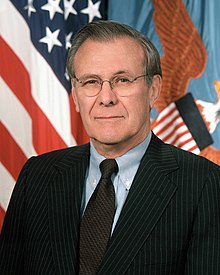
Osama Bin Laden
Founder of the pan-Islamic militant organization known as al-Qaeda
Orchestrated the September 11, 2001, terrorist attacks on the United States
Placed on the FBI's Ten Most Wanted Fugitives list after the 1998 U.S. embassy bombings
Considered one of the most significant figures in the global jihadist movement
Fought against the Soviet Union in Afghanistan during the 1980s
Issued a series of fatwas calling for attacks on American and Western interests
Subjected to a worldwide manhunt by the United States and its allies following the 9/11 attacks
Located and killed by United States Navy SEALs in a covert operation in Abbottabad, Pakistan, on May 2, 2011
His death marked a significant milestone in the War on Terror and was celebrated by many around the world
His ideology and actions continue to influence extremist groups globally, even after his death.
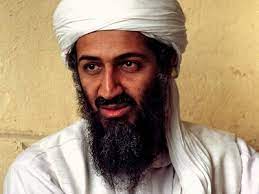
Khalid Sheikh Mohammed
Alleged mastermind behind the September 11, 2001, terrorist attacks in the United States
Linked to several other terrorist plots and attacks around the world
Captured in Pakistan in 2003 by the CIA and Pakistani security forces
Held in Guantanamo Bay detention camp since 2006
Reportedly involved in the planning of the 1993 World Trade Center bombing
Considered a senior member of the extremist group al-Qaeda
Known for his involvement in the planning and execution of multiple high-profile terrorist activities
Subjected to enhanced interrogation techniques, leading to debates over the ethics and efficacy of such methods
Indicted on charges including terrorism, hijacking, and murder in the United States
Continues to be a significant figure in discussions surrounding counterterrorism and the global fight against extremism.
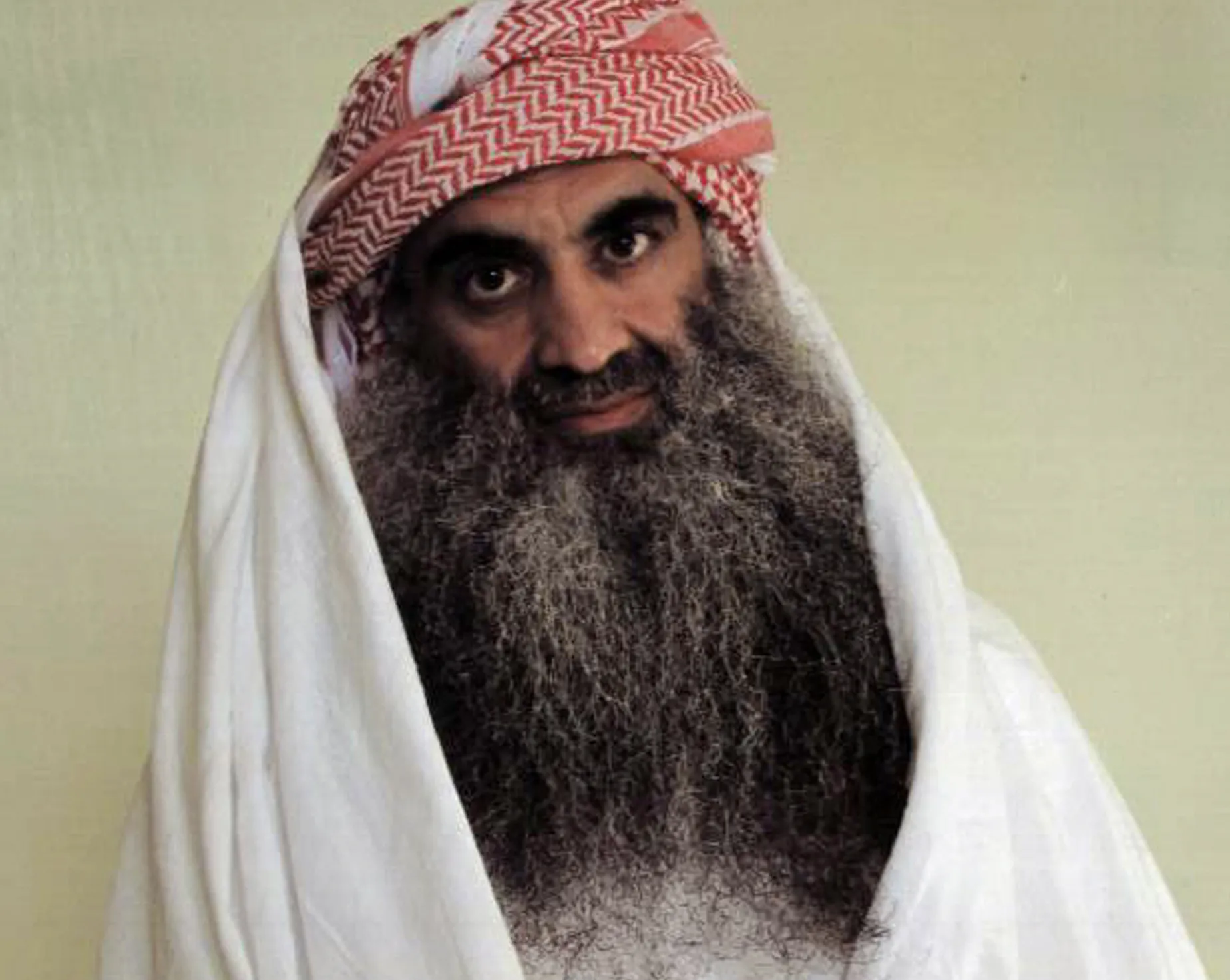
Omar Abdel-Rahman
Also known as "The Blind Sheikh"
Egyptian Islamist cleric and a key figure in the Islamic Group, an Islamist organization in Egypt
Notorious for his involvement in the 1993 World Trade Center bombing conspiracy
Served as the spiritual leader of Al-Gama'a al-Islamiyya, an Egyptian Islamic extremist group
Advocated for the use of violence against the Egyptian government and perceived enemies of Islam
Sentenced to life in prison in the United States for his role in the 1993 World Trade Center bombing and other terrorist plots
His imprisonment led to increased anti-American sentiment among some radical Islamist groups
Died in a U.S. federal prison on February 18, 2017, at the age of 78
Continues to be a symbol of Islamist extremism and the challenges posed by radical ideologies in the modern world.
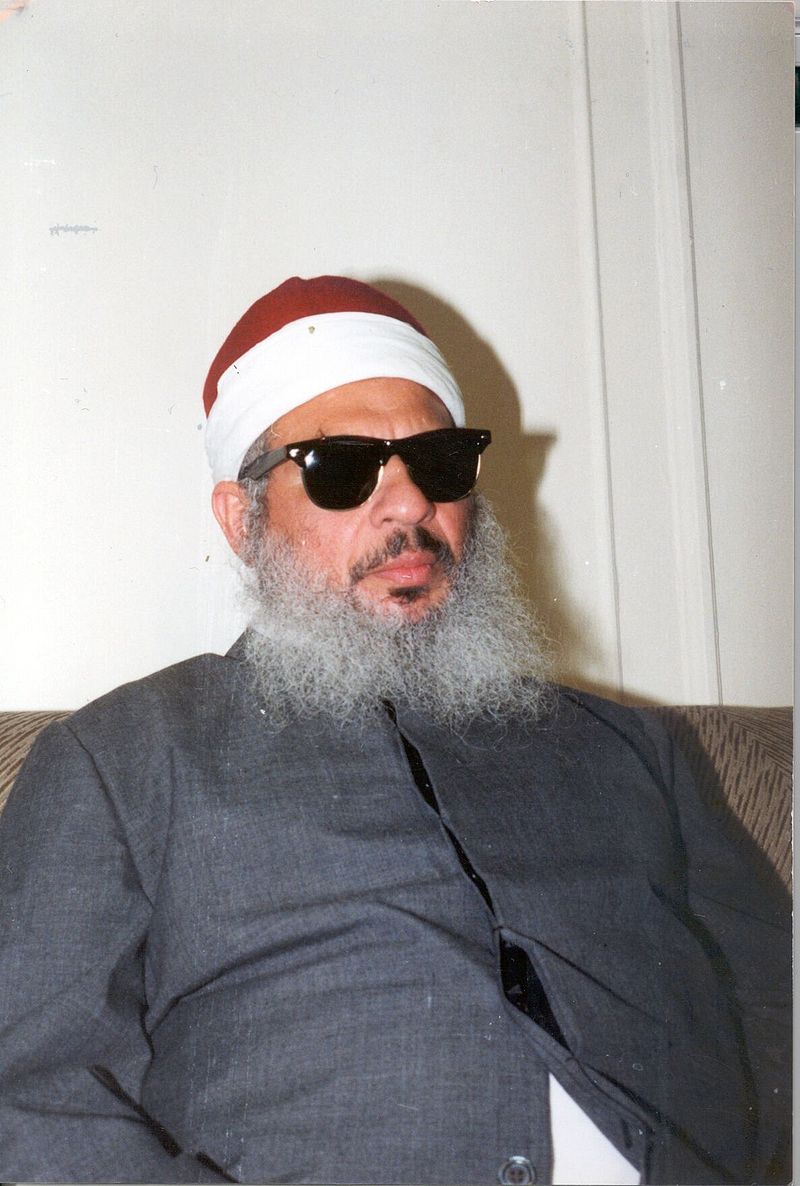
Rudolf Giuliani
American politician, attorney, and businessman
Served as the Mayor of New York City from 1994 to 2001
Known for his leadership during the aftermath of the September 11, 2001, terrorist attacks
Implemented controversial and aggressive policing strategies, including the "broken windows" theory
Instrumental in reducing crime rates and improving the quality of life in New York City during his tenure
Ran for the Republican Party's nomination in the 2008 presidential election but withdrew from the race
Served as an attorney for former President Donald Trump and was a key figure in Trump's legal challenges following the 2020 United States presidential election
Faced criticism for his involvement in spreading unsubstantiated claims of election fraud during the 2020 election
Subject to legal and ethical scrutiny over his business dealings and activities related to Ukraine
His legacy is marked by a mix of praise for his leadership after 9/11 and controversy surrounding his more recent political activities.
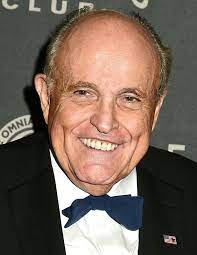
Richard Cheney
American politician and businessman
Served as the 46th Vice President of the United States from 2001 to 2009 under President George W. Bush
Previously represented Wyoming in the United States House of Representatives
Played a significant role in shaping U.S. foreign and domestic policies during the George W. Bush administration
A strong advocate for the Iraq War, citing concerns about weapons of mass destruction
Coordinated efforts to enhance national security and counterterrorism following the September 11, 2001, terrorist attacks
Faced criticism for his involvement in the controversial use of enhanced interrogation techniques and the handling of detainees during the War on Terror
Previously served as Secretary of Defense under President George H. W. Bush during the Gulf War
Continues to be a prominent figure in discussions about the use of executive power and the decision-making processes in times of national crisis.
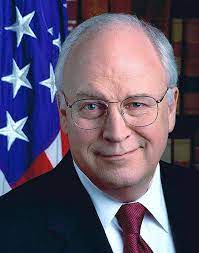
Mohamed Atta
Lead hijacker and one of the key planners of the September 11, 2001, terrorist attacks in the United States
Egyptian-born member of the extremist group al-Qaeda
Served as the hijacker-pilot of American Airlines Flight 11, which was flown into the North Tower of the World Trade Center
Studied urban planning in Germany before becoming radicalized and joining the jihadist movement
Trained in Afghanistan and played a central role in the coordination and execution of the 9/11 attacks
Believed to have been influenced by radical Islamist ideologies and anti-Western sentiments
His actions and the events of 9/11 had a profound impact on global security policies and the broader geopolitical landscape
His role in one of the deadliest terrorist attacks in history has solidified his status as a notorious figure in modern history
His actions and the subsequent response from the United States continue to shape discussions on counterterrorism strategies and international security measures.
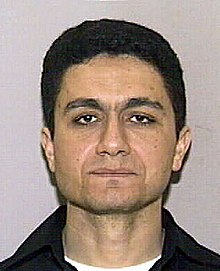
Ayman al-Zawahiri
Egyptian physician and a prominent figure in the global jihadist movement
Current leader of the extremist group al-Qaeda, succeeding Osama bin Laden after his death
Considered one of the masterminds behind various terrorist attacks, including the 1998 United States embassy bombings and the 2001 September 11 attacks
Was a key figure in the formation of the Egyptian Islamic Jihad, which later merged with al-Qaeda
Operated in various countries and regions, advocating for the establishment of an Islamist caliphate
Subject to a worldwide manhunt by the United States and its allies, with a significant bounty placed on his head
Released numerous audio and video
